This article was updated in October 2024
The COVID-19 pandemic drove huge interest in online learning and testing — in fact, many more universities started to accept the Duolingo English Test as an alternative to exams administered at test centers. But even though traditional testing options are becoming available again, DET acceptance continues to expand. What does this tell us about the future of testing?
The Duolingo English Test around the world
We launched the DET in 2016 because we saw how an English test offered online, on-demand, anywhere in the world would benefit students and institutions. In 2020, the DET became the only viable English proficiency test as pandemic restrictions shut down testing centers worldwide.
Now, many of those restrictions have eased—but 99% of the programs that began accepting the DET before January 2021 continue to accept it today. In fact, since 2020, the total number of accepting programs has doubled to over 5,500 programs in more than 100 countries around the world!
The DET is most widely-accepted in countries where English is the first language. In the U.S., home to the most English speakers in the world, DET scores are accepted as proof of English proficiency by 97 of the top 100 U.S. universities, as ranked by U.S. News and World Report, including Columbia University, the University of Chicago, Duke University, and Yale University. It’s also accepted by every one of the top 25 universities that enroll the most international students.
The DET is nearly universally accepted for U.S. undergraduate admissions, and graduate acceptance is growing every day. It’s accepted for graduate admission at some of the top science and engineering schools like Notre Dame and Purdue, as well as top business schools, including Harvard Business School and the University of Chicago.
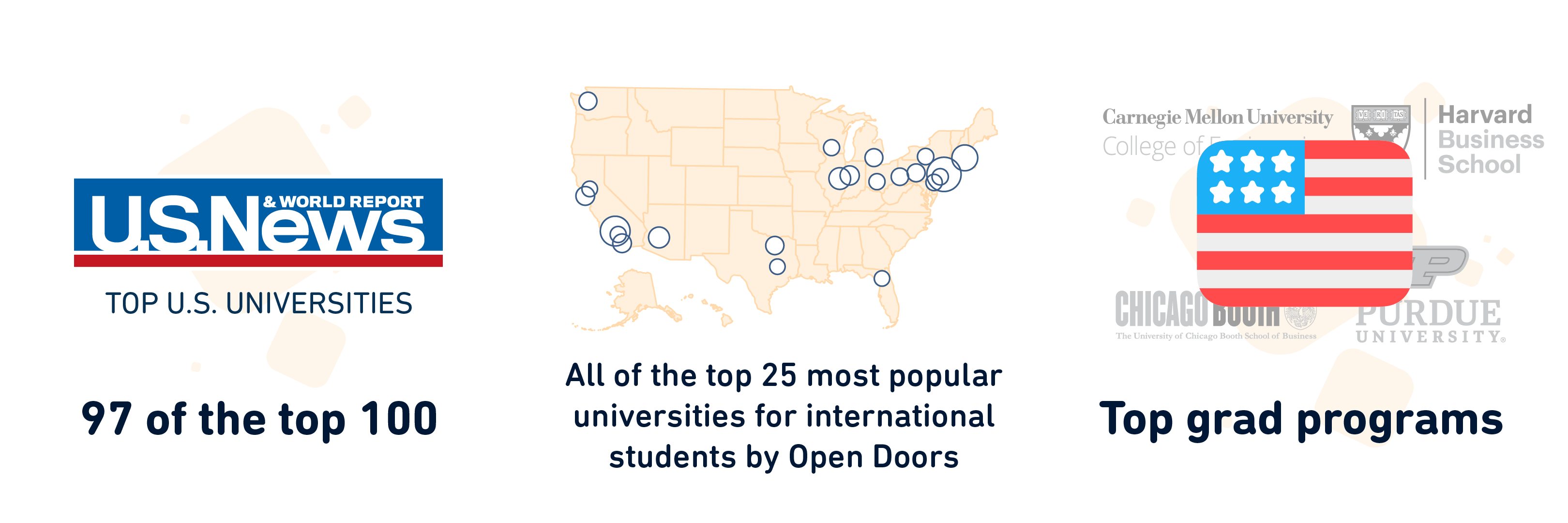
The DET is also extremely popular in Canada, where it’s accepted by 14 of the U15 Research Universities, including University of Toronto, McGill University, and University of Waterloo. DET scores are accepted by 9 of the 10 most popular colleges by study permits issued in Canada, including Conestoga College, Centennial College, and Seneca College, and by the 10 highest international student-enrolling universities.
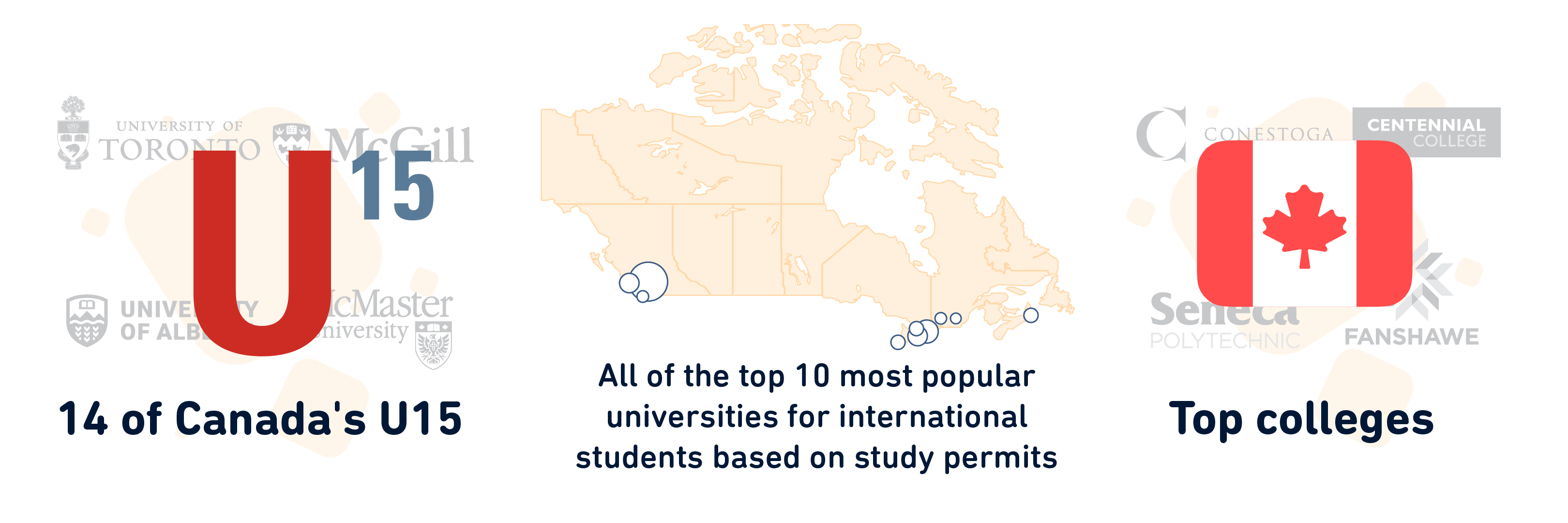
Across the pond, the DET is accepted by some of the most popular universities in the U.K., including Imperial College London, University of Southampton, University of York. As of 2022, the Irish government accepts it as proof of English proficiency for study visas. Down under, it’s accepted by nearly all the popular foundation programs in Australia, including those at Group of 8 universities such as Australian National University and Monash University.
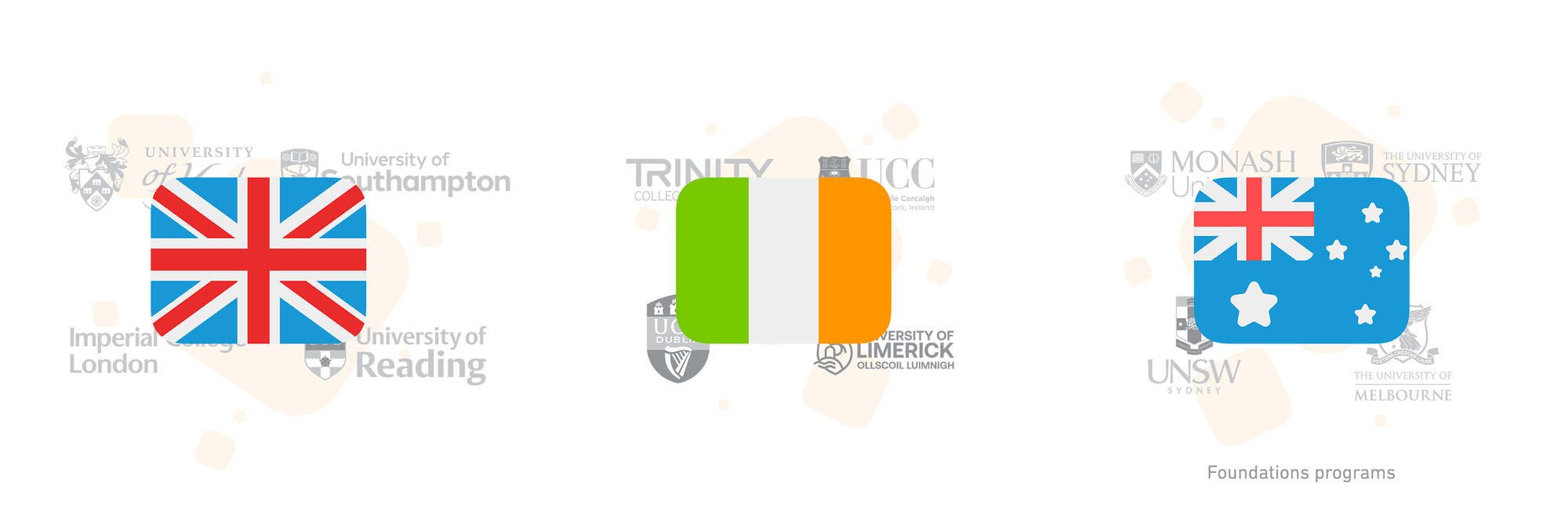
Students love digital testing
So why has the DET remained so popular, even as traditional testing becomes available again? It’s easy to see why students prefer it—who wants to travel to a test center and sit for hours in a crowded room when you can prove your proficiency from the comfort of your own home in under an hour? Why book an appointment for a fixed date and time, when you can test on-demand, whenever you’re feeling ready?
Haruta found the DET a good option when applying for the University of Toronto, where he’s now studying psychology.
“Testing in a test center was really stressful 'cause everyone around is writing, erasing and fidgeting, and that was really distracting, especially for the speaking parts,” said Haruta. “In comparison to that, the DET was really chill. All you have to do is sit at your desk at home, which was a really easy and really comfortable environment for me to take the exam.”
In fact, we asked test takers who had taken more than one English proficiency exam which exam they’d choose if every test was universally accepted, and an overwhelming majority said the DET.
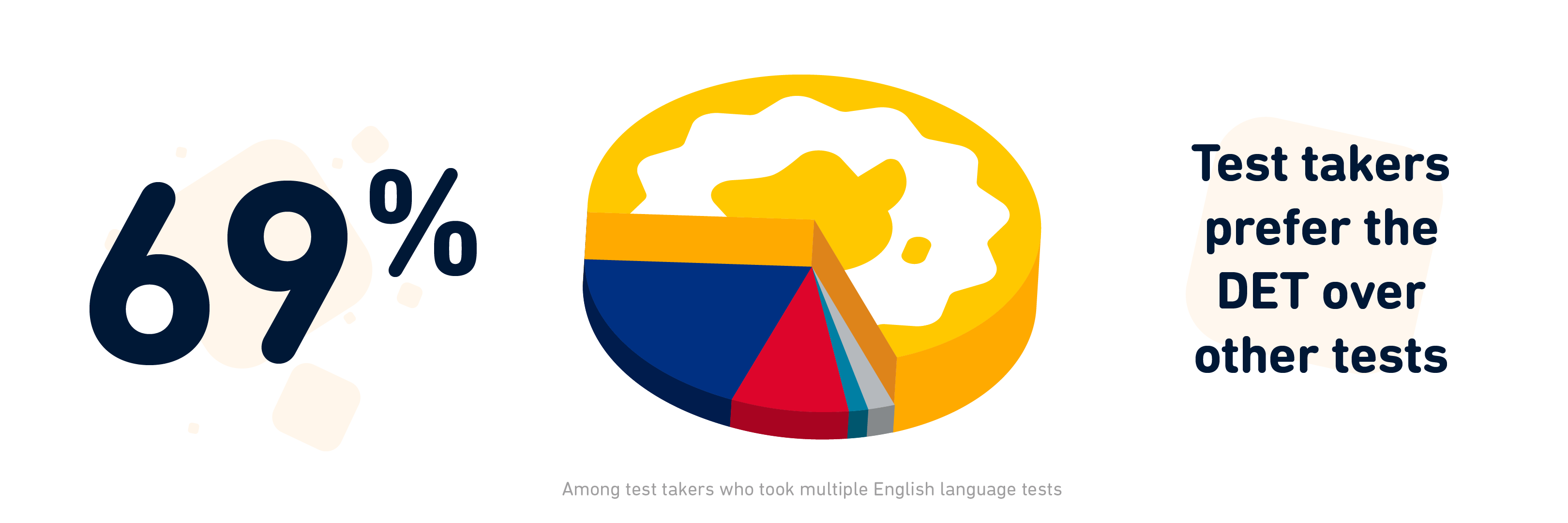
Institutions love it, too
Although test takers are comfortable with digital tools, institutions can be slow to adapt to new technology. This steady rise in DET acceptance over the past few years shows us that institutions are becoming more comfortable with online testing and recognize its benefits.
Not only are at-home tests more resilient in the face of public health crises, they’re the only way to ensure people in every country are able to take high-stakes exams. Millions of students around the world struggle to access test centers, either because they live too far away, have mobility issues that make it difficult to sit for exams in person, or struggle to pay traditional exam fees—which in some parts of the world can cost over a month’s salary! That’s why the DET is preferred at Duke University, says Angus Bowers:
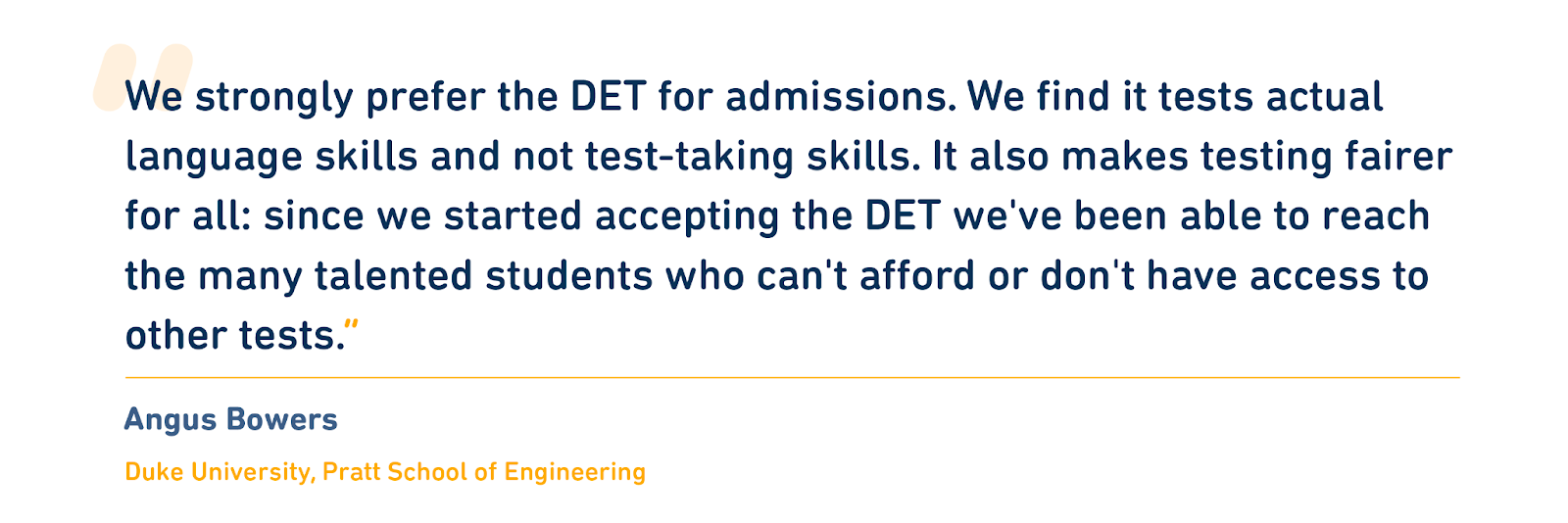
By accepting digital tests like the DET, institutions level the playing field for students and gain access to thousands more global applicants, diversifying campuses and making the learning experience richer for everyone. Dr. Douglas Christiansen, Vice Provost for University Enrollment Affairs and Dean of Admissions and Financial Aid for Vanderbilt University says that’s exactly why his institution accepts the DET:
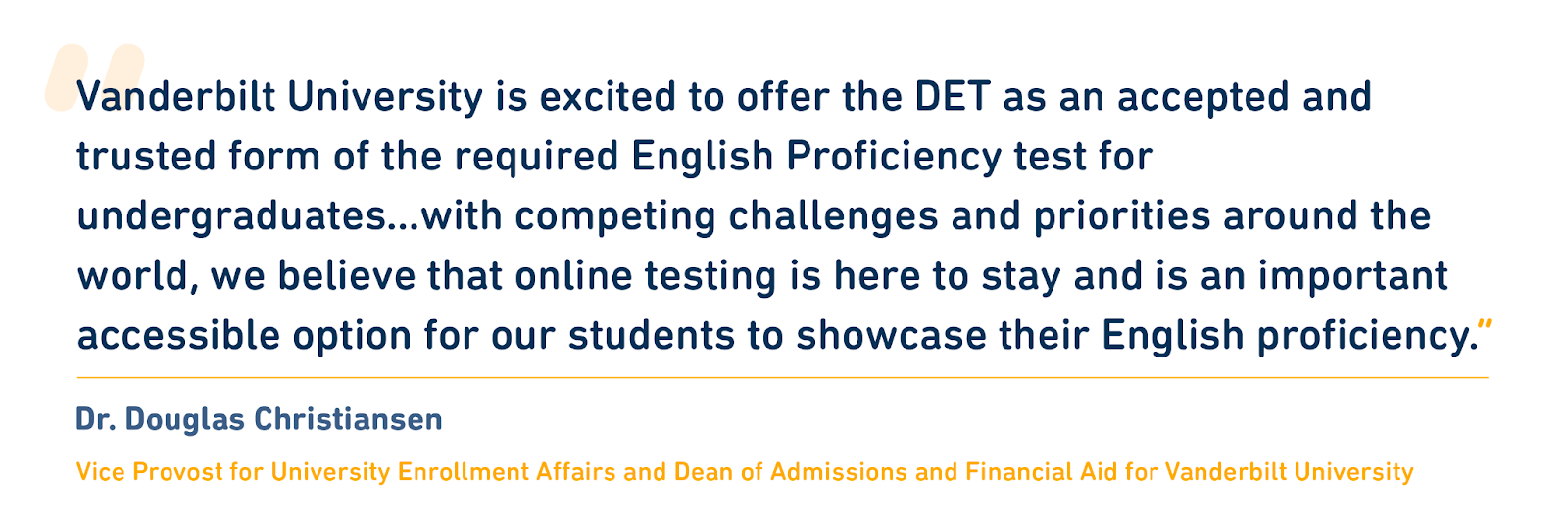
The future is digital
We created the Duolingo English Test to break down barriers to education. Making a test that is affordable, efficient—and even pleasant—means more people around the world have the opportunity to certify their English proficiency.
In the 7 years since we launched the DET, we’ve seen more and more testing companies shift to online delivery, and students show no signs of wanting to go back to the old testing-center model. It seems like online testing is here to stay, and we’re excited about what that means for educational access around the world!



